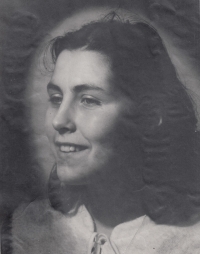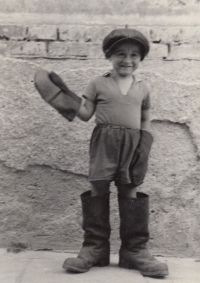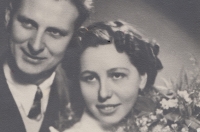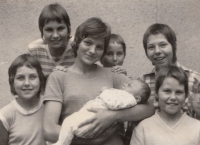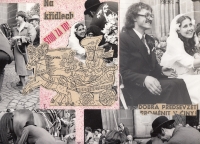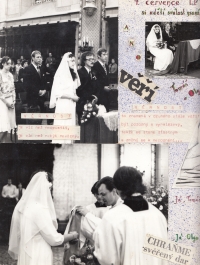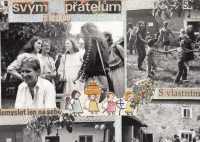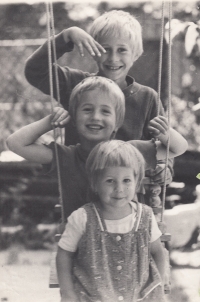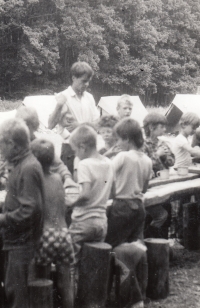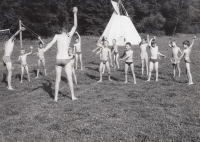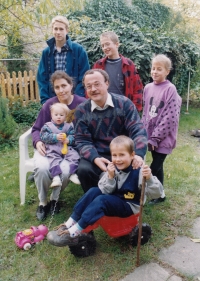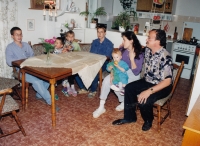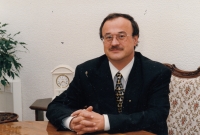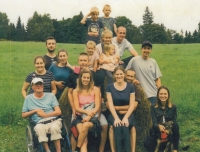The persecution brought togetherness and great solidarity. We fought for democracy

Download image
Olga Kvapilová was born on 1 July 1960, the fourth of six daughters into a family of a doctor and a professor of philosophy and sociology. Her father, Miroslav Tělupil, was imprisoned for five years in the 1950s for his involvement in the Catholic Community Association. Meanwhile, her mother Olga Tělupilová took care of her eldest daughter Anna. After returning from prison, her parents had five more daughters. They raised them to faith and a love of art and culture. They led a rich social life. They renewed the activities of the Community for which Miroslav Tělupil had been imprisoned. In August 1968, in the face of the large number of people leaving the republic after the invasion of the Warsaw Pact troops, they turned around at the border and cancelled their planned emigration to visit their uncle in America. Olga Kvapilová graduated first from the Gymnasium in Šternberk and then from the School of Art Production in Prague. She married Tomáš Kvapil, an Olomouc dissident and post-revolutionary politician who also participated in the third renewal of Junák by founding the 9th Jan Bosek Centre. In 1989 they attended the canonization of Agnes of Bohemia in Rome. They had five children. In 2009, Tomáš Kvapil suffered a stroke which left him permanently paralysed. Olga Kvapilová took care of him for 14 years until his death in 2022. In 2024, Olga Kvapilová had five grandchildren and lived in Olomouc.
